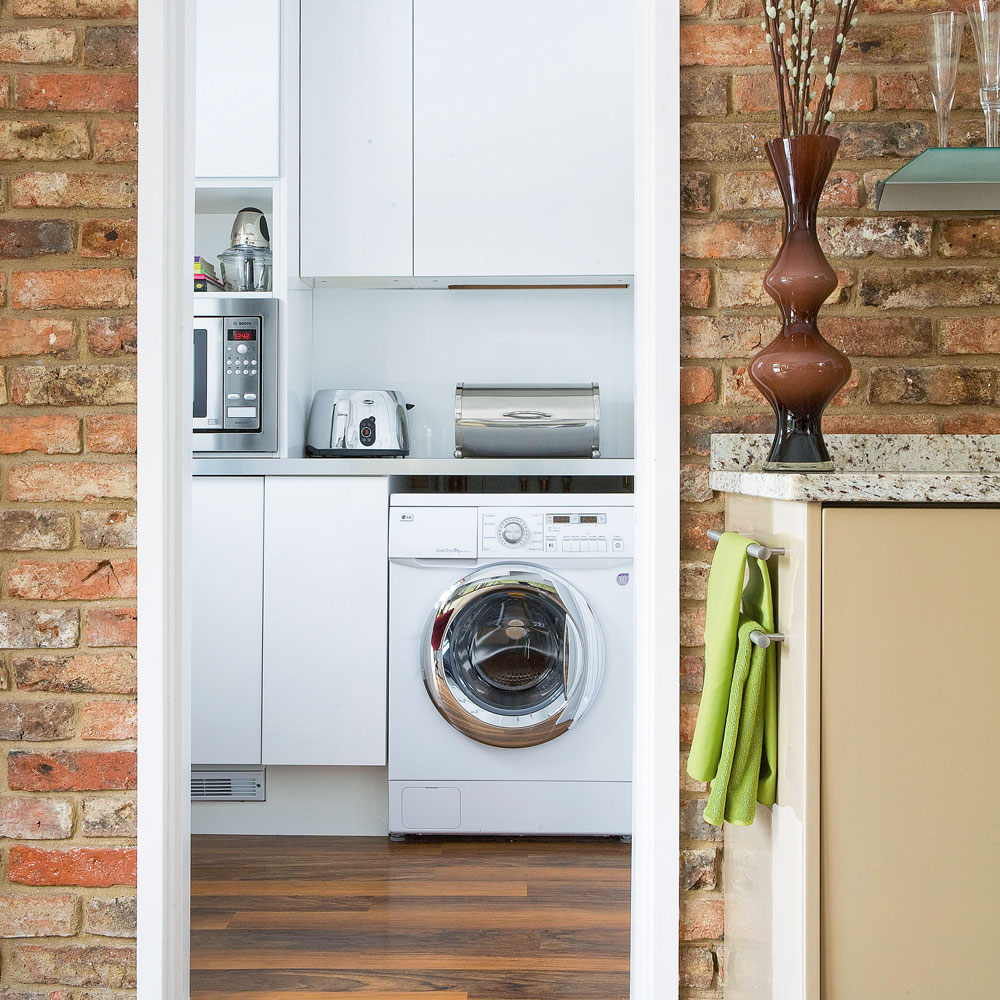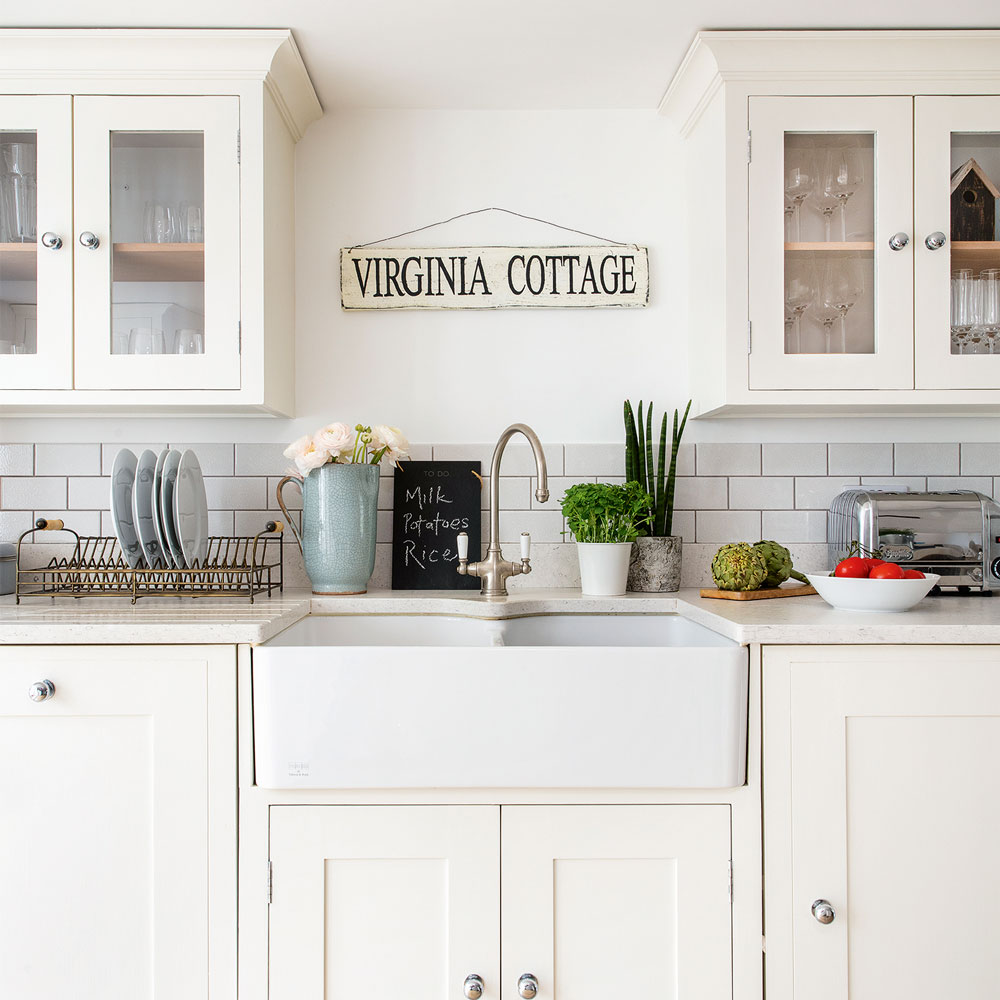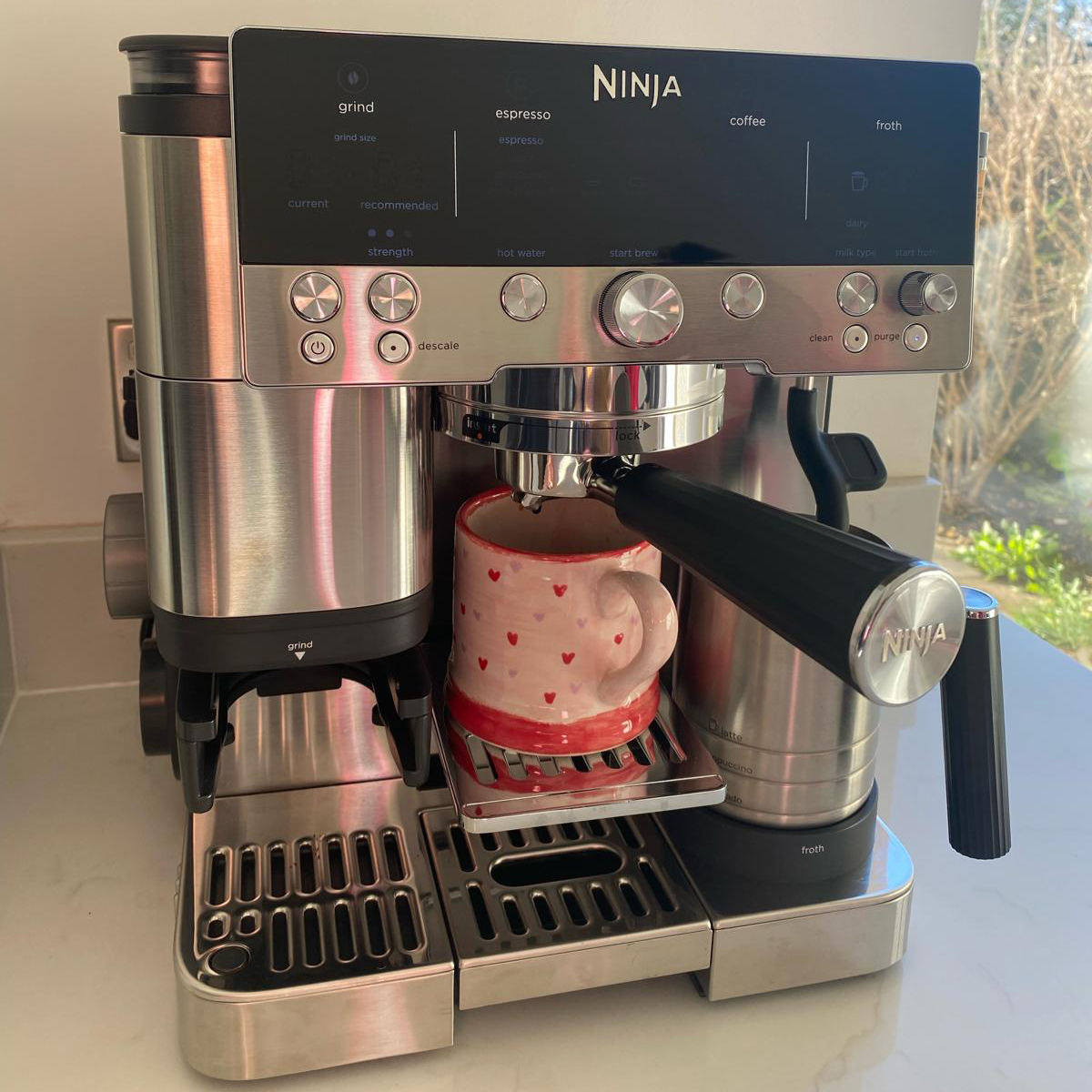Boiler grants – are you eligible for a free or reduced boiler?
Save money on your boiler and potentially even claim a free one with this boiler grants guide.

Free boiler grants might sound too good to be true but the reality is that these do exist. Thanks to government grants there are boiler grants out there that could be yours without you having to pay a penny. Of course getting one means you need to fit a certain criteria to be eligible.
It's worth looking into this if you think there is even a chance that a boiler grant could apply to you. Since boilers can often break down suddenly, perhaps when you're not financially ready, it pays to have this grant as a support option to help you save energy and money.
While new sources of heat for the home, like heat pumps, are due to start appearing more, they won't be mainstream for a while. 'There will still be a need for natural gas for the foreseeable future,' points out Jamie Luck of Baltic Consulting. 'Although not ideal, its effects will hopefully be lessened with the blending of renewable hydrogen gas into the existing network.’
Read on to find out what a boiler grant is, how they works and – crucially – if you can get a free boiler and how to go about it. This guide aims to make the whole process simple so you're not only saving money with your new boiler but time too.
What are boiler grants?
The government provides boiler grants to offer subsidised or even totally free boilers for eligible people are able to get in their homes. This isn't just for broken boilers that need replacing though, this can also apply to inefficient machines.

If you're struggling to heat your property, the government has set aside funding that will help you stay warm. That could mean that your currently inefficient boiler, that's costing you a lot to run, could be replaced with a new A-rated energy-efficient model to help you save on utility bills. A new boiler could save you £300 per year on your utility bills while also keeping you cosy and helping the environment too.
Since the 2016 ECO Scheme (Energy Companies Obligation), homeowners and private tenants can replace their old or damaged boiler for free or subsidised. This falls under the Affordable Warmth Obligation (a subsection of ECO). While the grant is for a new boiler it can also be used to fix an older boiler, improve insulation of a boiler or home and so on. The bottom line is that it's your right to be warm and if you can't afford that, the government has funding to help.
Get the Ideal Home Newsletter
Sign up to our newsletter for style and decor inspiration, house makeovers, project advice and more.
For boilers that aren't broken, it's worth noting that your boiler must be at least less than 86% efficient to qualify for a replacement.
Who is eligible for boiler grants?
There are quite a few criteria for those that are eligible to receive a boiler grant when you need to replace a boiler. If you meet the necessary requirements you could be in for a new boiler, or other heat-saving upgrades. One way to find out if you are able to apply for a boiler grant is to use the website calculator at Simple Energy Advice. To be eligible for a boiler grant you must meet the following criteria:
- Be an England, Scotland or Wales homeowner or a private tenant (not in a social housing by local authority)
- Your boiler must be older than seven years (newer can be repaired)
- Received income-related benefits (universal credit, working tax credits, pension credits, child tax credits, income-related ESA and JSA)
To expand on the benefit types which apply to allow you to receive a free boiler grant these are:
- Child Tax Credit
- Income related Employment Support Allowance
- Pension Guaranteed Credit (excludes Savings Credit)
- Income based Job Seekers Allowance
- Working Tax Credit
- Income Support
- Universal Credit
- Disability Living Allowance
- Personal Independence Payment
- Attendance Allowance<
- Carer’s Allowance
- Severe Disablement Allowance
- Industrial Injuries Disablement Benefits
- Ministry of Justice Benefits
- War Pensions Mobility Supplement
- Constant Attendance Allowance
- Armed Forces Independence Payment
- Child Benefit
People in receipt of pension credits and child tax credits, where the annual household income is less than £16,010, will automatically qualify for a replacement boiler grant. It's worth noting that if you don't qualify for a free boiler, all hope isn't lost. You may still be entitled to a discounted price on a new one, which would help with the replacement boiler cost. Also, some local authorities offer their own schemes through the Eco Flex Grant. These are ideal for those who don't receive means tested benefits but are on low income.
For those in social housing, if the home has an energy rating of E, F or G, you may qualify for an insulation grant. If the property has not previously had central heating then you may also qualify for a free boiler grant.
If your boiler does break while you're waiting for a replacement or a discount, keep cosy with electric heaters, electric blankets and heated throws all available on Amazon. We also love this knitted hot water bottle, £9.99, Amazon.
I'm a renter, do I still apply?
Both homeowners and tenants who rent are eligible for boiler grants. This is presuming they are receiving one of the benefit types mentioned above. One factor that will prohibit tenants is if they are in local authority run social housing. Landlords with low income tenants may also apply for the ECO scheme benefit and may find they are eligible for a free boiler replacement or at least a heavily discounted unit.
Make sure you're aware of how often a boiler should be serviced so you can ensure yours is being checked regularly to make sure it's working efficiently, or to know if you need a replacement.
Which firms offer boiler grants, and which don't?
The free boiler grants, as part of the ECO Scheme, are carried out in conjunction with the government, by the ‘big six’ energy companies in the UK. These are British Gas, EDF Energy, E.ON, SSE, Npower and Scottish Power. Some smaller companies also offer the ECO3 benefits, which can include a boiler. These include Avero, Eon, Ovo, SO, Ecotricity, Pure Planet, Utility warehouse, Utilita, E, Shell Energy and Utility Point.
The ECO3 scheme currently runs to 31 March 2022, having started this phase in December 2018. Expect the ECO4 phase to start in April 2022 and run until 2026. The companies involved may change at this hand-over point. Also consider if there is going to be a boiler ban in 2025.
What kind of boiler qualifies?
The free boiler grants apply to any older style boiler in a home, meaning it can be gas or oil. An upgrade will be to the most environmentally friendly option that, likely, still uses the same system.
There is also a boiler upgrade scheme, announced in October 2021, which is able to offer up to £5,000 towards a new boiler. With many costing around the £2,500 mark, this should be more than enough to cover nearly all homes.
The upgrade scheme applies to gas and oil boilers and they will be replaced by the most low-carbon heating system available. It could mean a heat pump is used instead of a boiler which will remove the reliance on gas, saving money and helping the environment.
Will I get a new or replacement boiler?

Since the scheme only applies to older boilers, you won't get an exact replacement. If your boiler is seven years or older, you'll be getting a new model, so it's worth it to know how old your boiler is. As such the new model will be more efficient as the tech has moved on fast. No matter what efficiency rating your boiler has, the new model is required to be A rated under the ECO scheme. That means you will get a model that is one of the newest and most energy efficient.
The brand can vary though, depending on who is providing your boiler. Leading UK manufacturers Baxi and Gloworm have worked on totally new boiler models to create super energy efficient boilers which are available as part of the scheme. While the boiler will be totally new, based on the income of your household, you may be required to pay towards the installation of that boiler, in some cases.
How do I apply for a boiler grant?
The process of application is actually fairly straight-forward. You can go directly to the energy companies or use a specialist third-party option which will do the leg work for you. In fact, the application can take just a few minutes to get started.
You'll need to give your postcode, initially, to see if your area is eligible or not. The next step is to answer a few basic questions about your home living status and benefits received. If you qualify, you will be asked about the fuel type in your home, insulation, boiler status and age as well as giving any boiler problems in a description box. The final step is to enter a few personal details. It's that simple.
The process after your application can vary in time depending on who you use. Some companies claim that you know if you have been granted your boiler within 24 hours, with installation within the week. This will be done by a professional boiler fitter who makes sure it is Gas Safe Registered and secure.
Often these will also install a new thermostat and energy monitoring kit along with the boiler. They will also carry out a free energy rating assessment of the property to show the improvements made.
Will I have to pay to get the boiler fitted?

The boiler grants are available to cover the cost of the boiler. Depending on who you go for this may also cover installation, but not in all cases. For example if you were to use a company like Eon, you'd be paying £395 which includes the boiler and installation by a Gas Safe Registered engineer. This scheme also gets you free cavity wall insulation and a free loft insulation grant. All that adds up to an energy saving, depending on boiler age, that could be as much as £350 per year.
While the boiler itself is replaced, this won't cover any extra pipework or radiators. So if you have a different type of piping, for example, where that needs replacing to work with the newer boiler, this cost will be extra. Likewise, if you want to install more energy efficient radiators, that'll be down to you to cover the cost.
It's worth paying for insulation as part of the upgrade, or claiming it where possible. ‘Insulating homes is always worthwhile, we are big advocates of a 'fabric first' policy,' notes Jamie from Baltic Consulting. 'It is important to get professional advice on what is the best option for the specific property build; what would be acceptable for a 1960s bungalow may actually cause damp issues in a Victorian terrace.’
If I have issues after installation, what do I do?
As a general tip, Keith Bastian, CEO of renewable home heating provider Fischer Future Heat, says: ‘Solutions to issues with damp include keeping spaces well heated and ventilated. But, if you leave windows open while you have the heating on in your house, you’ll be wasting a significant amount of money and energy. Breaking small habits like these will help to save you money in the longer term.’
Will I have to pay back the boiler grant?
No, you won't have to pay anything back as these are boiler grants, not loans. That means the money is being provided by the government, which is claimed by the energy company which pays for the boiler and installation up front. So you won't have to give any bank details or money, except in the case where there may be a charge, like the example above.

As a veteran tech journalist of over two decades, Luke knows what makes a gadget tick but is also well aware of what you want to read about when doing your research. He has worked in this world for over 20 years and loves testing, reviewing and working with brands on new gadgets. Luke consults for many tech companies helping them create new gadgets. Expect concise words on everything from smart home tech and power tools to solar panels, cars, smartphones, speakers and plenty more besides.
-
 My go-to Ninja coffee machine is on sale for Easter weekend
My go-to Ninja coffee machine is on sale for Easter weekendIt makes coffee shop quality achievable at home
By Molly Cleary
-
 When to plant out annual flowering plants for vibrant, colourful garden borders – and give them the best start, according to experts
When to plant out annual flowering plants for vibrant, colourful garden borders – and give them the best start, according to expertsNot sure when to plant out annual flowering plants? We've got you covered...
By Kayleigh Dray
-
 I'm a kitchen decor editor and didn't like this tableware trend - until I saw H&M Home's designer-look plates
I'm a kitchen decor editor and didn't like this tableware trend - until I saw H&M Home's designer-look platesThey made it easy to justify a new crockery set
By Holly Cockburn